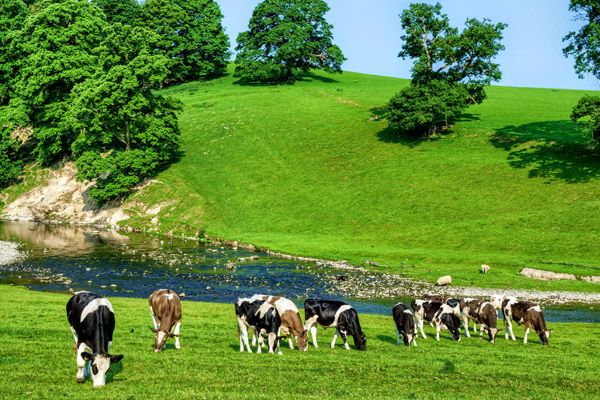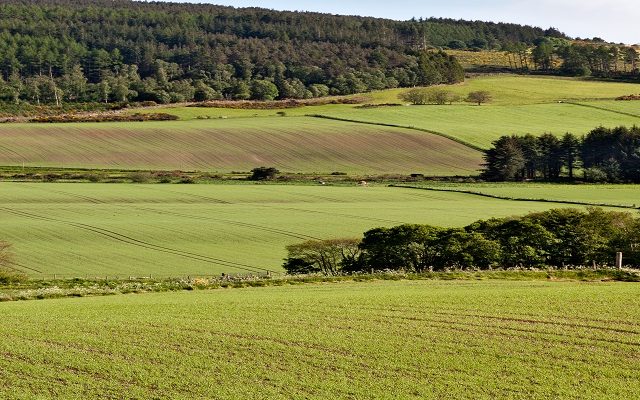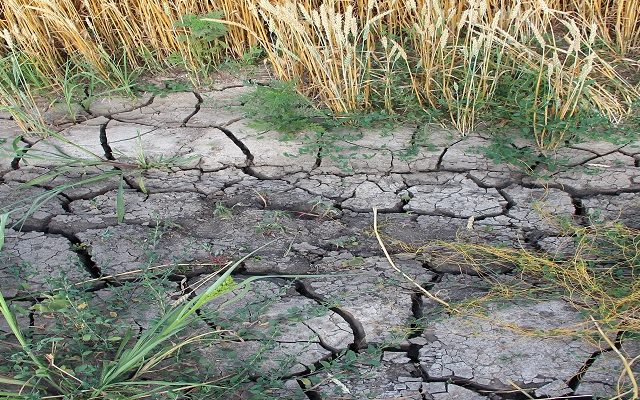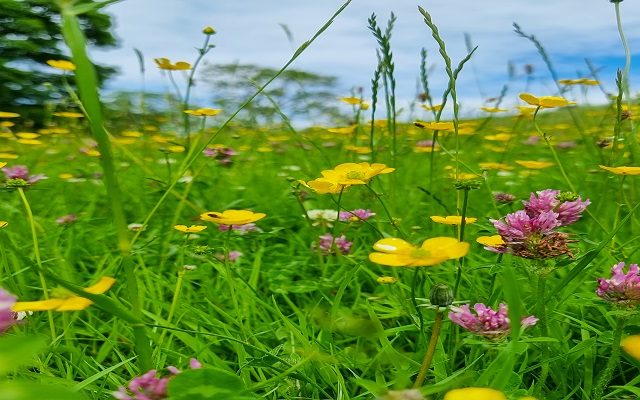The great land use policy debate
The conversation around land use has become highly polarised, so all eyes will be on the government’s Land Use Framework for England when it is published next year. We asked a selection of different rural stakeholders about their hopes and fears for the proposed strategy
Creating a land use framework – ‘put national interest before ideology’
Rhodri Thomas,
Head of Rural, Strutt & Parker
Land is complicated – it’s a mix of private and public rights, obligations, benefits and dis-benefits. It’s often said that in relation to the climate and biodiversity crises, it’s part of the problem and part of the solution. What is wanted – and needed – from land is much more complex than even ten years ago.
So, the new land use strategy must be given the highest priority by government and stakeholders, with national interests put before ideology and narrower interests. If it is done well, it could be the most significant policy on land use for a generation.
What I will be disappointed with is a vague policy document with no firm vision, targets or accountability. Scotland’s first land use strategy had a clever set of 10 indicators to monitor the delivery of the strategy. We need something similarly easy-to-understand in England.
Our land management clients want much greater consistency in policymaking, with clear long-term direction so they can make investment decisions. The framework must also deliver for the climate and the environment. It always shocks and saddens me that the UK is one of the world’s most nature-depleted countries. I was also particularly struck by the analysis in Henry Dimbleby’s National Food Strategy, which concluded without changes to what we eat – with implications for what we produce – we will become even less healthy as a nation.
It is possible to balance competing objectives, but it will take thorough consultation, care to balance private and public interests, and faster, better and longer-term decision making and policy making by central government (and then by the regional and local bodies that will be involved in implementing it).
Land managers will only trust the strategy if they can see it is based on good information, has tried to balance the competing objectives of food, development, energy, industry and the environment, and if they feel they are being treated fairly.
‘A national conversation is needed for truly effective land use policy’
Caroline Ayre,
National Manager for England, Confor
A Land Use Framework must recommend increasing productive woodland cover, and woodlands in management.
Demand for timber is set to increase in the UK and globally as a result of economic growth and the increased use of wood as part of decarbonisation policies. Confor estimates that demand could increase by a staggering 78% by 2050 if demand grows at the same pace it has over the past ten years. However, the UK’s domestic timber supply is beginning to stall and is forecast to be in decline by the 2040s.
Sourcing wood from abroad is not the answer. Data from the RSPB and WWF puts the UK’s overseas footprint for timber imports at 8.4 million hectares, and there is a very real risk that the reduction in global availability of wood will put pressure on natural and semi-natural forests in countries with lower sustainability and environmental standards.
But tree planting competes with several other land uses, especially in England. A lack of political leadership from Defra and a lack of clarity in the objectives pursued by regulators has resulted in an extremely lengthy and complicated process that is discouraging investment in afforestation.
We need a national conversation about land use priorities and the need for landscape change if we are to meet the challenges of the coming decades.
‘Ambitious plans are needed alongside land use policies for a net zero UK’
Minette Batters,
NFU president
The war in Ukraine has focused attention on the importance and fragility of our global food security. It is vital that domestic food production does not become the poor relation while striving to meet targets for rewilding, housing and green energy.
Such a strategy should be underpinned by the principle of land sharing not sparing. Land sharing is about integrating the objectives for agriculture and delivering for nature on the same parcel of land. Land sparing involves the repurposing of areas of farmland to deliver new environmental outcomes. Concepts of land capability and farmer choice should also be written into it.
This framework needs to be flexible in meeting the needs of – and delivering for – both agriculture and the environment, and as we strive to become net zero by 2040, should sit alongside equally ambitious plans for domestic sustainable food production and UK food security.
‘Quantify the link between land stewardship and net zero’
Dr Bruce Howard,
Director, Ecosystems Knowledge Network
The strategy must have clearly defined and measurable goals that recognise spatial variations in the capacity of land to provide food, timber, host nature, sequester carbon (and meet all of society’s other needs and aspirations). Without it, our stewardship of land is all at sea.
I’d be disappointed if the document did not express the quantitative link between the stewardship of land and the achievement of net zero for England. When it comes to carbon sequestration, the ‘every little helps’ mentality of tree planting will delude us.
Given all the work of the Natural Capital Committee, it makes eminent sense that a natural capital approach is used to balance the competing objectives for land. In a country awash with environmental data, there is no reason why we can’t produce a coordinated set of natural capital accounts that work at all scales from regions to the field scale.
If there is a concerted effort to engage all the possible users, this is a document which could make a difference. Many policy documents relating to land, water and nature are merely ‘notes to self’; used by a willing minority to challenge an unwilling majority. This needs to be a document that shapes Local Industrial Strategies, Local Plans, management plans and investment plans.
‘Let’s move away from the silo approach to land use policy’
Donna Rourke,
Head of ESG, BNP Paribas Real Estate / Strutt & Parker
We are at a turning point, where tinkering at the edges of existing systems will not work.
We have to move away from the silo approach – not just within the UK, but globally. Farming, economic, social and environmental systems and subsystems all interact and so dealing solely with England, and with no focus on health or resilience, misses the opportunity to develop an interconnected, sustainable system for living.
To have real impact the LUF needs to include food and energy strategies. It needs to include support and protection of farmers, resilience to climate change, food-related distribution and health. It needs to address and strengthen strategic links between agriculture, nature, food, diets, health, homes, infrastructure, energy, carbon, pollution and climate change.
In April 2022, George Eustice, the then-Defra secretary, talked about the need for diet, food, health and agriculture to be treated holistically and, in August, the Food, Farming and Countryside Commission proposed adding green infrastructure, renewable energy production, food security and timber to existing targets.
It’s the correct approach. But it needs to go further. I’d like to see radical systems design thinking.
We need an honest appraisal of where we are (and likely to be in the future) in terms of biodiversity, pollution, health, food and water security; a long-term plan to address these issues and give farmers as our food producers and nature custodians certainty; and transparent and simple reporting of progress. This needs to be independent and free from the short-term political headwinds. Policy zigzagging risks undoing any progress made so far and will minimise engagement in the future.
Please do get in touch with Rhodri Thomas or Donna Rourke if you would like to know more. This article first appeared in our latest issue of Land Business. For more download the Autumn 22 edition of Land Business.






